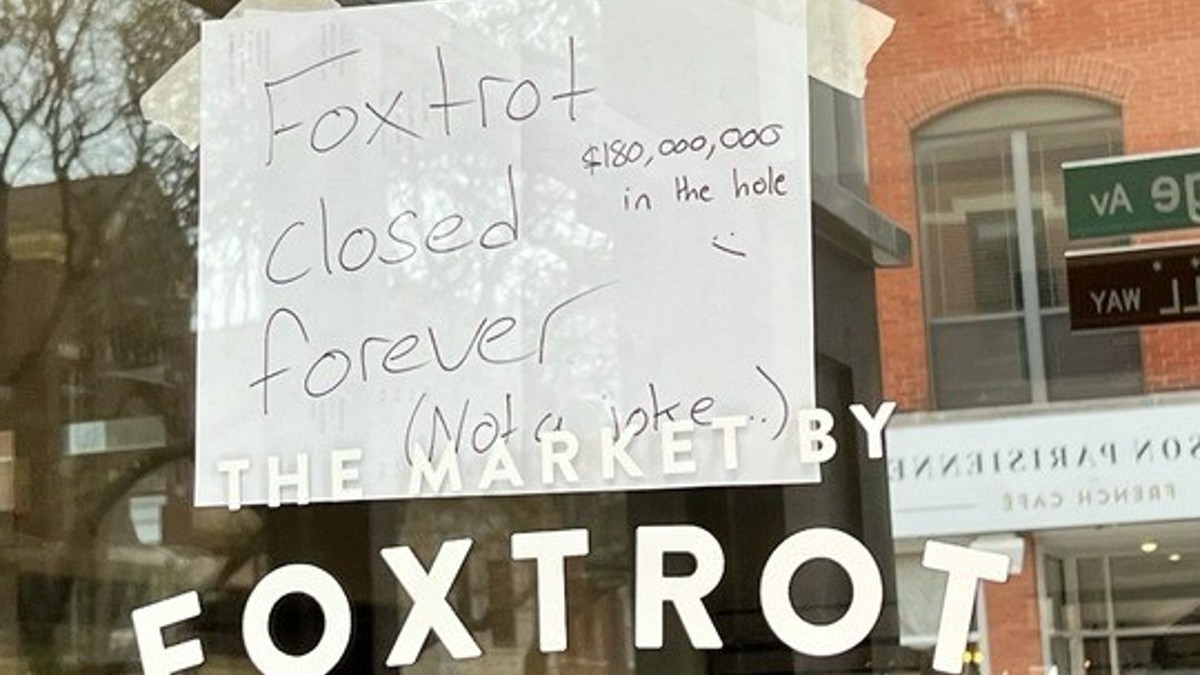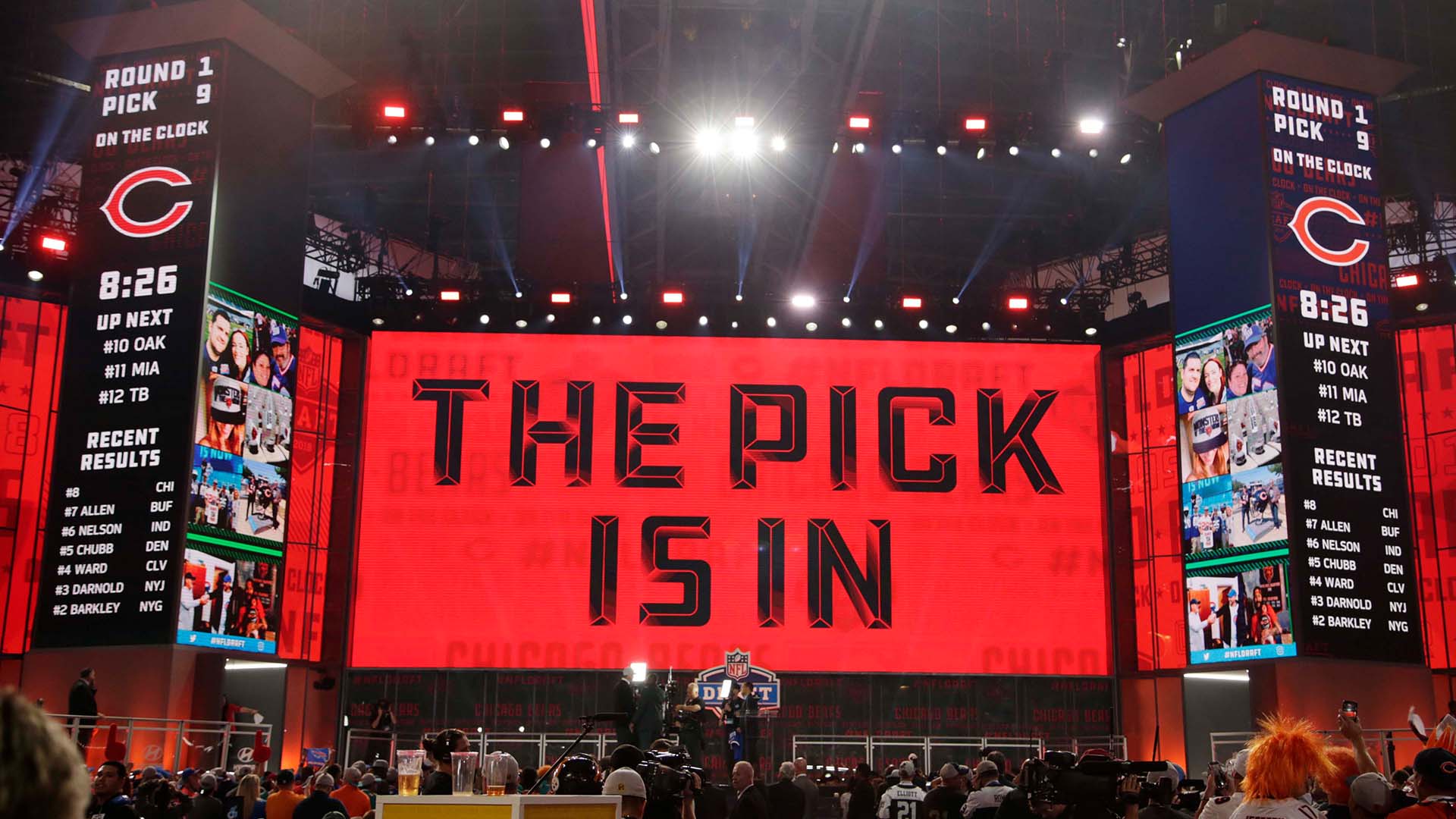Xerox just received a contract to run Chicago’s red-light camera program, and is vying for the speed camera contract, too. But according to The Baltimore Sun, Xerox’s cameras issued thousands of bogus tickets before the company was replaced this year by a lower-bidding vendor.
Among the problems cited in a Sun investigation published Nov. 18, 2012.
- Cameras ticketing cars for going over 25 mph -- in a 30 mph zone.
- Ticketing cars going less than 12 mph over the speed limit, the threshold established by Maryland law.
- Ticketing a car for going 70 mph -- when it was actually going 41.
- Cameras placed too far from schools to meet state regulations.
- Clocking a stopped car at 38 mph.
Here’s an excerpt from the Sun story that details problems with a camera on Cold Spring Lane:
Information the city recently gave The Sun included 9,500 citations where the clocked speed was less than 12 mph over the speed limit. City transportation spokeswoman Adrienne Barnes said some were among 6,000 that were voided. The rest were legitimate, she said, but due to an unexplained "error in input," the speed limit appeared in the database as 30 mph instead of 25 mph.
And now, in the case of the camera on eastbound Cold Spring Lane near Poly-Western, there are doubts that an automated citation means a vehicle was actually driving fast enough to merit a ticket.
Local
The Sun examined eight tickets issued by the camera to two trucking companies. One citation, issued Sept. 4, claimed a truck was traveling 70 mph in a 35 mph zone. Like every speed camera ticket issued under state law, it included two photos of the truck, offered as evidence the vehicle broke the law. According to time stamps on the photographs, they were snapped by the camera a half-second apart.
A truck traveling 70 mph will cover just over 51 feet in half a second. But by measuring street markings that were clearly evident in the photo, The Sun found that the truck traveled no more than 30 feet, which translates to a speed of 41 mph. The other citations also yielded measurements indicating considerably slower speeds than those listed on the citations and none fast enough to warrant a $40 citation.
In early February, before most of the eight citations were issued, the city and Xerox were both alerted to problems with that camera, according to emails The Sun obtained between city officials and another truck operator.
Speed cameras are big money for Baltimore, which has one of the most extensive programs in the nation: its 83 cameras have generated nearly $70 million in fines since 2009.
In January, Baltimore replaced Xerox, which had been taking $19.20 out of every $40 fine, with Brekford, which took only $11.20. But Brekford’s performance was so incompetent that the city suspended the program, after being forced to cancel 590 tickets issued from a single mis-programmed camera. When it returns, tickets will no longer be issued on holidays.
This is what we have to look forward to, Chicago.



